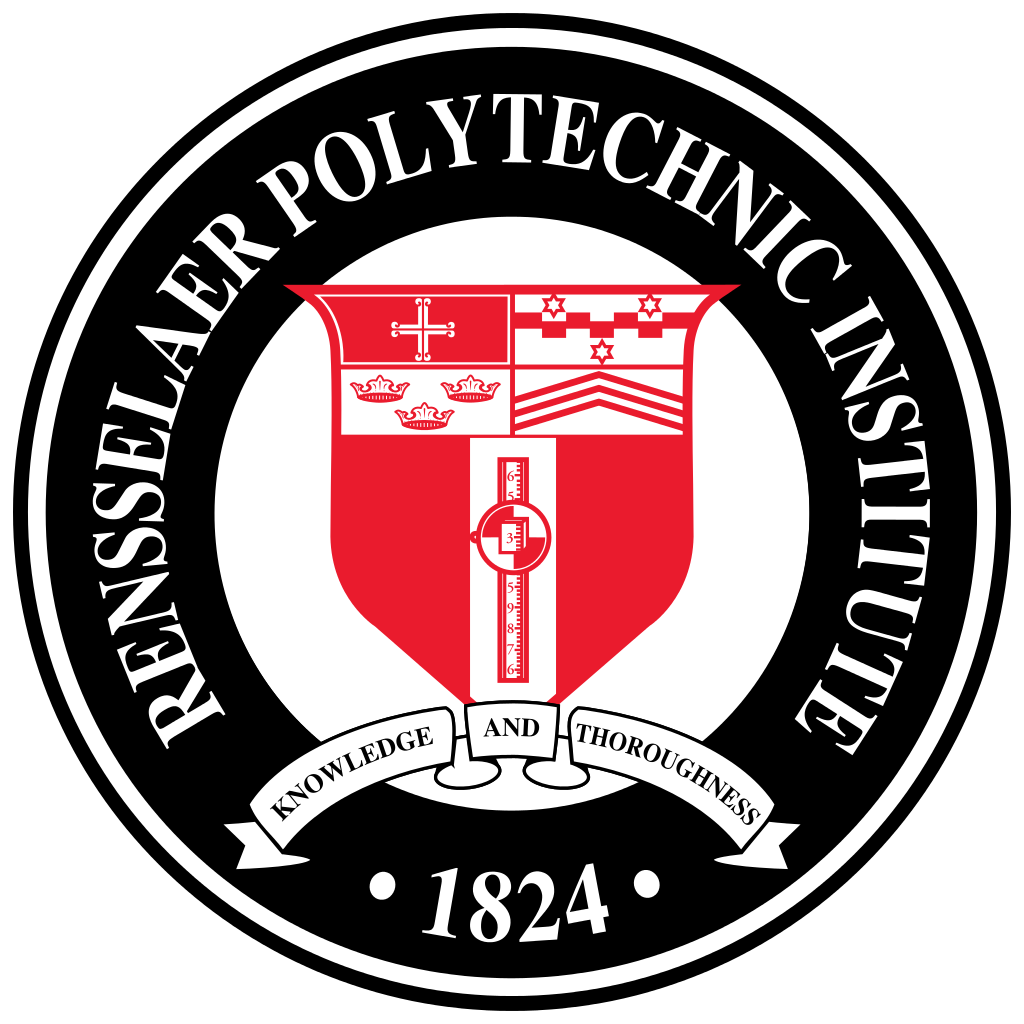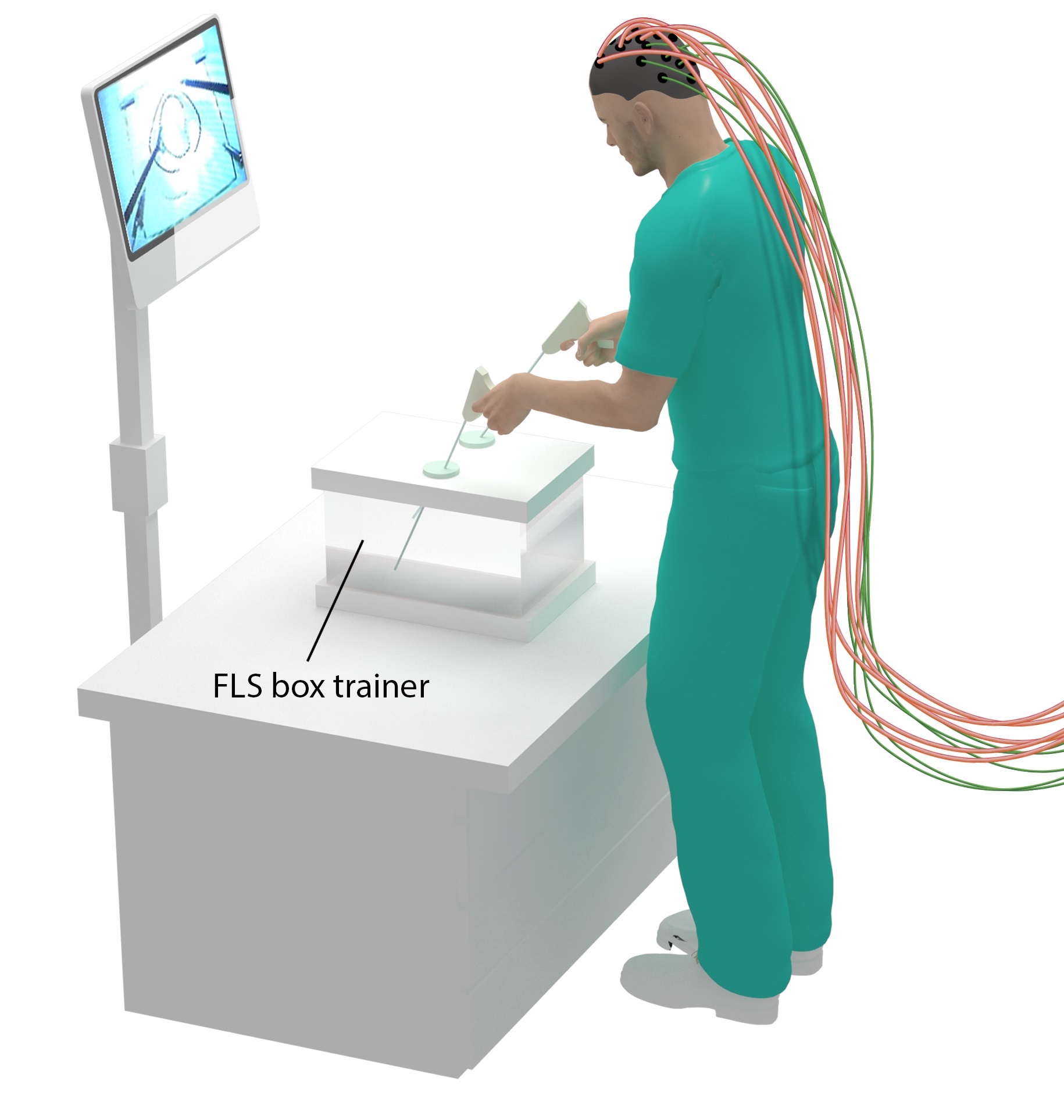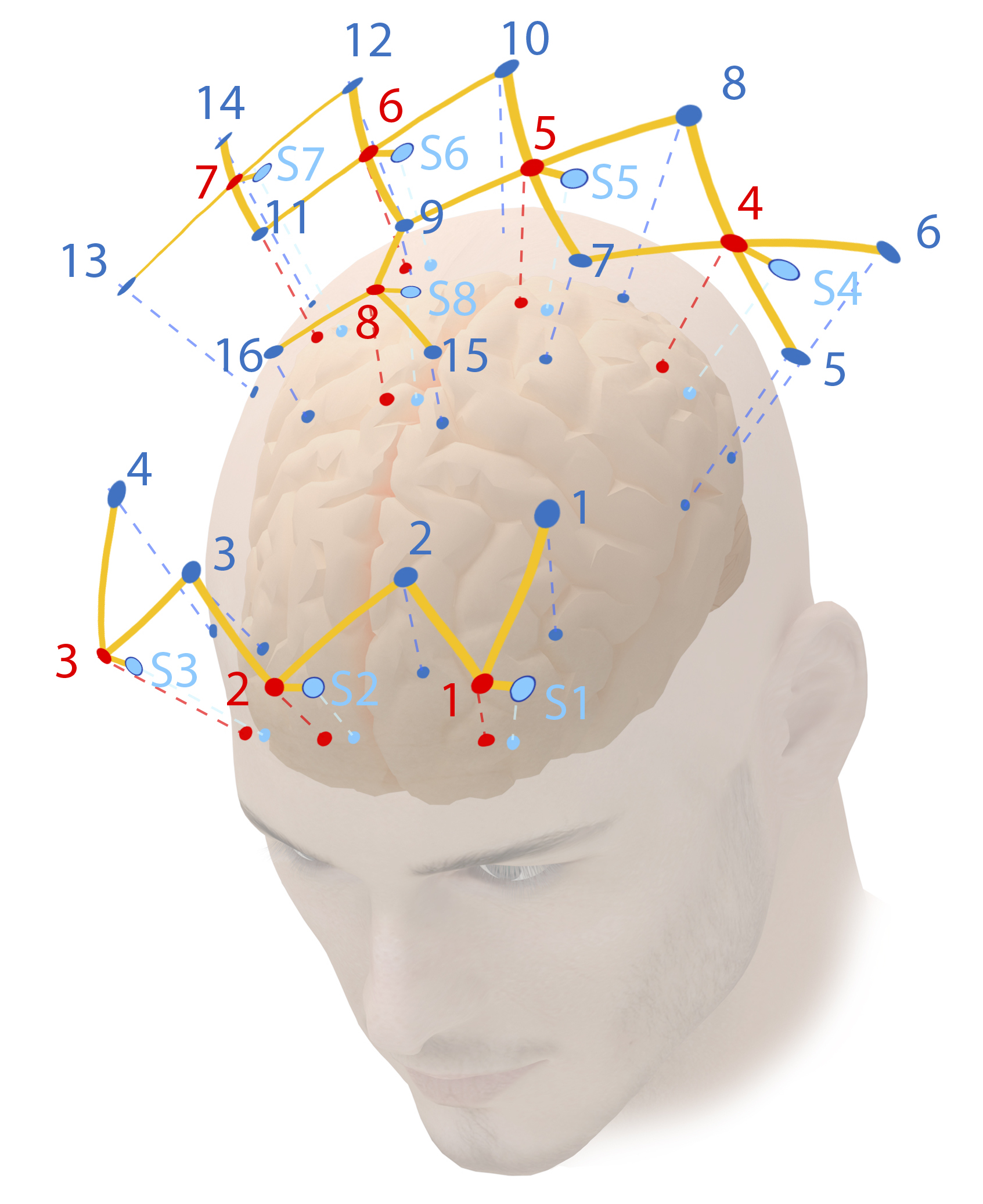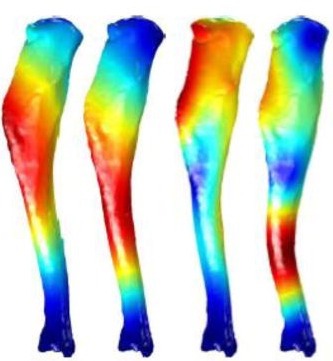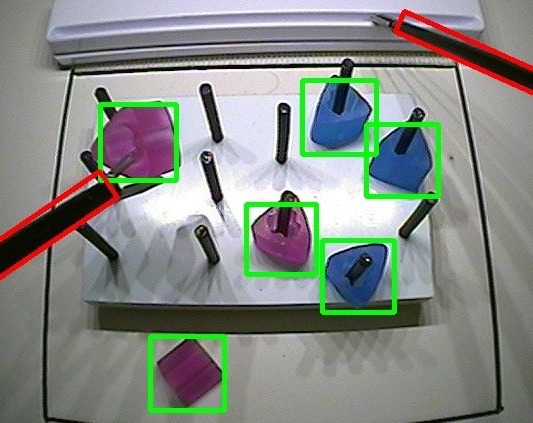About Me

I'm a data scientist that's passionate about discovering hidden gems and insights in large and complex datasets for businesses and scientific research. I completed my Ph.D. on December 2017 at Rensselaer Polytechnic Institute co-advised by Drs. Suvranu De and Xavier Intes.
My thesis showed, for the first time, that machine learning can be used to classify and accurately predict surgical motor skills using brain imaging techniques.
